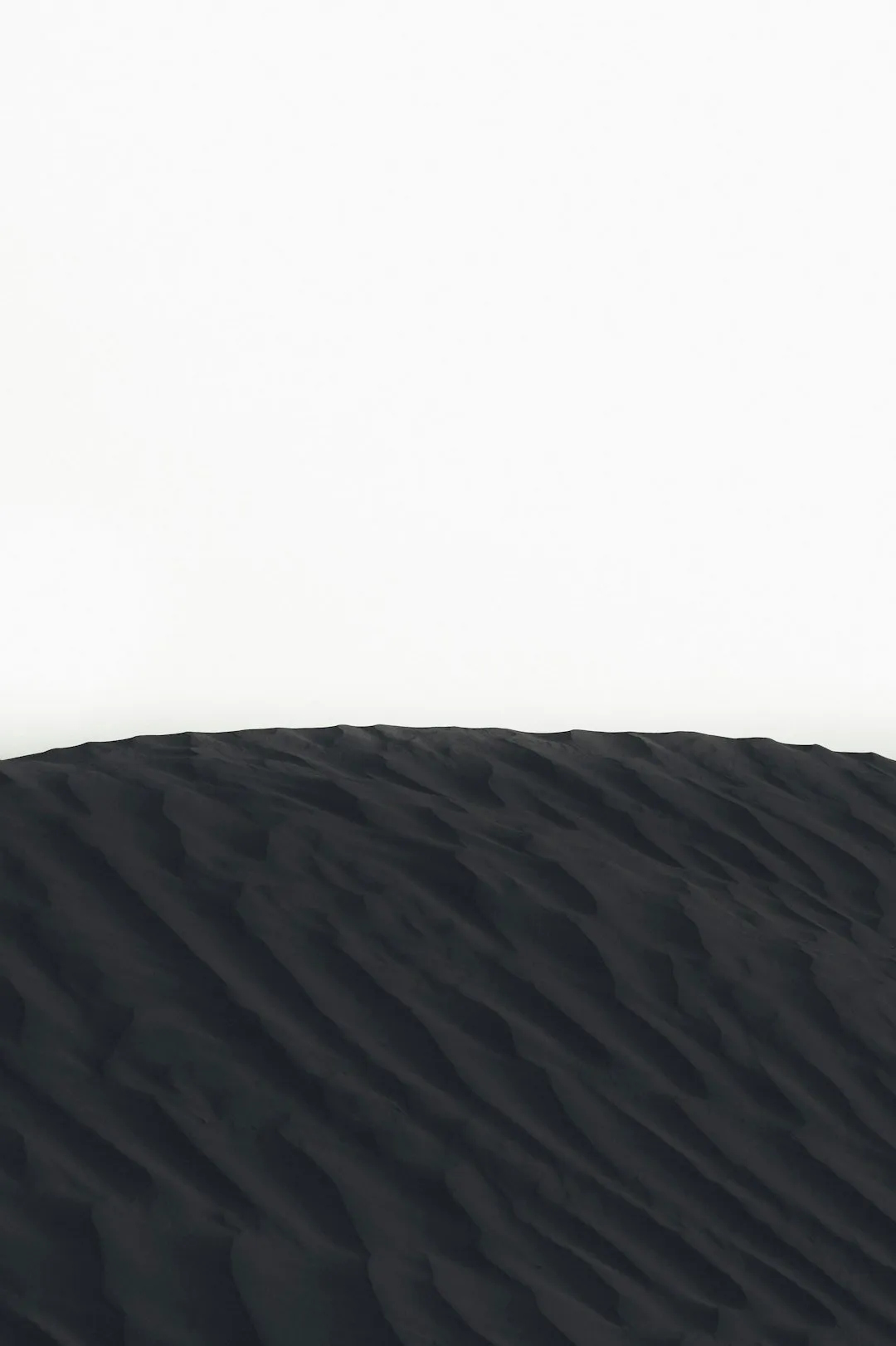In Louisiana, under a strict kratom ban, individuals dealing with muscle soreness after exercise face limited options for relief. Customized workout plans, combining natural methods like stretching routines, foam rolling, proper hydration, and holistic practices such as yoga, are revolutionizing DOMS management. These tailored programs address unique individual responses to exercise, offering a holistic solution for long-term physical health and comfort, without resorting to kratom. Plant-based options like turmeric, ginger, and chamomile also provide effective post-workout muscle relief.
Muscle soreness can significantly impact our daily lives, but understanding its causes is the first step towards relief. This article delves into the science behind muscle aches and offers tailored workout solutions for effective management. In Louisiana, recent regulations regarding kratom present alternatives for those seeking natural remedies. We explore these options, focusing on natural aids that can provide much-needed solace from post-workout discomfort, especially in the face of the kratom ban.
- Understanding Muscle Soreness and Its Causes
- The Role of Customized Workout Plans
- Exploring Kratom as a Potential Aid for Relief in Louisiana (in light of the recent ban, discuss alternative natural remedies)
Understanding Muscle Soreness and Its Causes

Muscle soreness is a common post-workout experience, often described as delayed onset muscle soreness (DOMS). It typically peaks around 24 to 72 hours after exercise and is caused by microscopic tears in muscle fibers during intense physical activity. These micro-tears are part of the body’s natural adaptation process, leading to increased strength and endurance over time. However, without proper management, DOMS can be debilitating, affecting mobility and overall well-being.
In some areas like Louisiana, where kratom use has been banned, individuals seeking relief from muscle soreness may face limited options. Kratom, known for its pain-relieving properties, is no longer accessible to residents due to regulatory changes. As such, alternative strategies are essential. Incorporating stretching routines, foam rolling, and proper hydration can significantly alleviate muscle soreness naturally. Additionally, tailored workout plans that gradually increase intensity and focus on specific muscle groups can prevent excessive strain and promote faster recovery.
The Role of Customized Workout Plans

In today’s world, where muscle soreness is a common concern, customized workout plans have emerged as a game-changer for relief and recovery. These tailored programs recognize that everyone’s body responds uniquely to exercise, especially when it comes to post-workout aches and pains. A one-size-fits-all approach may not effectively target specific areas of discomfort or consider individual fitness levels. Customization allows for a more precise strategy, addressing the root causes of muscle soreness.
By taking into account factors like lifestyle, occupation, and personal goals, trained professionals can design workouts that gently alleviate tension and promote healing. This personalized touch is especially relevant in regions like Louisiana, where awareness about managing discomfort, even from legal substances like kratom, is growing. Customized workout plans offer a holistic approach to well-being, ensuring that relief from muscle soreness is not just temporary but contributes to long-term physical health and comfort.
Exploring Kratom as a Potential Aid for Relief in Louisiana (in light of the recent ban, discuss alternative natural remedies)

In Louisiana, recent policies have implemented a strict kratom ban, limiting access to this natural herb known for its potential pain-relieving and muscle soothing properties. With such regulations in place, residents seeking alternative remedies for muscle soreness must look beyond kratom. Fortunately, nature offers a plethora of other options.
Plant-based alternatives like turmeric, ginger, and chamomile have long been celebrated for their anti-inflammatory and analgesic benefits. Incorporating these herbs into dietary routines or utilizing them in topical applications can provide effective muscle relief. Additionally, practices such as yoga and gentle stretching, often combining with natural essences, offer holistic approaches to alleviate post-workout soreness and promote overall well-being.
In light of the recent kratom ban in Louisiana, individuals seeking muscle soreness relief must explore alternative natural remedies. Understanding the causes of muscle soreness and tailoring workout plans accordingly can significantly enhance recovery. While kratom offered a potential solution for many, natural alternatives like increased hydration, stretching routines, and herbal infusions from safe, legal sources can provide effective, sustainable pain management. By combining these strategies, Louisianans can navigate their fitness journeys with reduced muscle discomfort and improved overall well-being.














